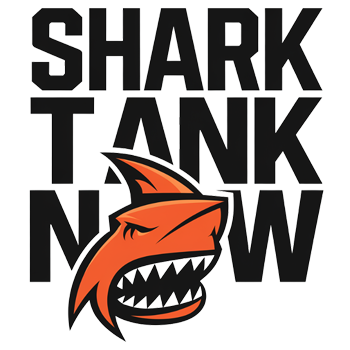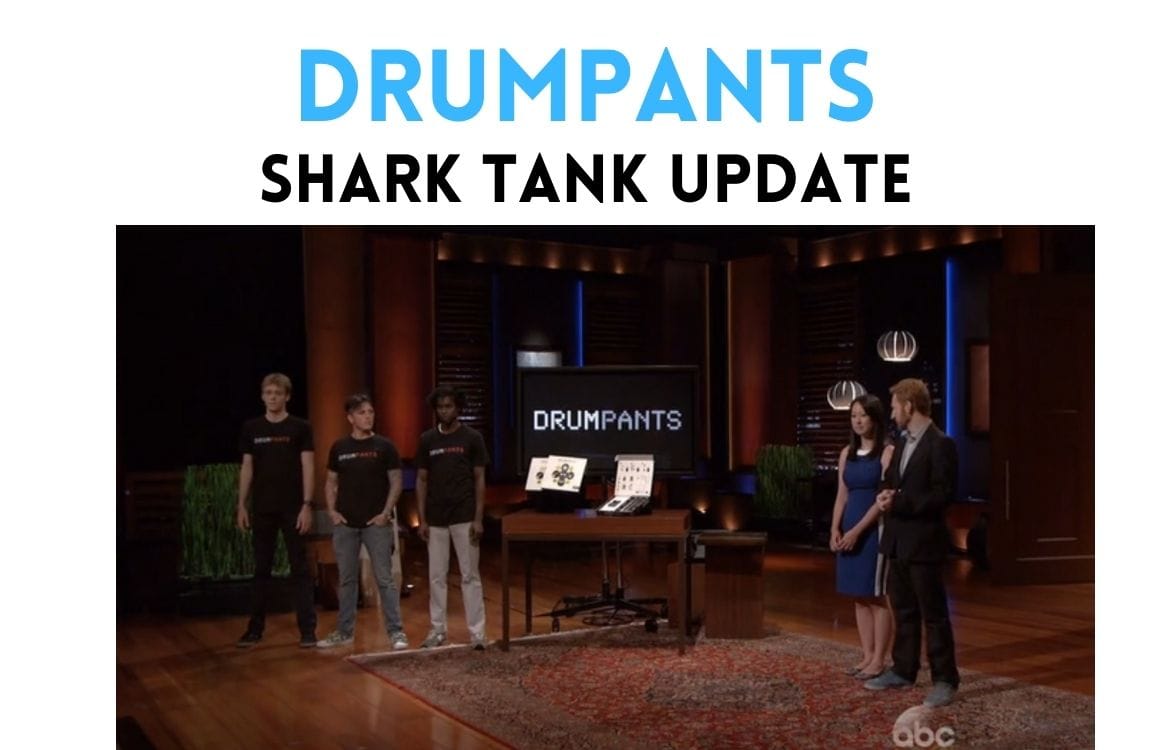Have you ever imagined turning your body into a musical instrument? That’s exactly what Lei Yu and Tyler Freeman envisioned when they created DrumPants, a wearable technology that allowed users to make music by tapping sensors embedded in their clothing. Their innovative idea combined music, technology, and creativity, making it a standout concept in the world of wearable devices. However, DrumPants’ journey from a Kickstarter success to a Shark Tank pitch and eventual closure is a story filled with highs, lows, and valuable lessons for entrepreneurs.
Let’s dive into the fascinating story of DrumPants, exploring its origins, Shark Tank experience, post-show developments, and ultimate fate.
The Birth of DrumPants
DrumPants began as a playful experiment. Tyler Freeman, a drummer with a background in digital art, wanted to create a portable musical instrument. The initial prototype involved wiring sensors into his pants, allowing him to produce drum sounds by tapping on his body. What started as a quirky side project evolved into a sophisticated product after six years of development.
Freeman teamed up with Lei Yu, an experienced product manager who had worked at Google and Honeywell. Together, they refined the concept into a market-ready product. DrumPants featured wearable sensors that connected via Bluetooth to a control box capable of producing over 100 preloaded sounds. Users could also upload custom sounds through an app. The product wasn’t just for musicians—it had applications in gaming, presentations, and even controlling smart devices.
The duo’s vision was bold: to revolutionize how people interact with music and technology.
DrumPants on Shark Tank
In 2014, Yu and Freeman brought DrumPants to Season 6, Episode 3 of Shark Tank. They sought $150,000 for 5% equity, valuing their company at $3 million. Their pitch was lively and engaging—they demonstrated the product by playing the Shark Tank theme song using DrumPants.
The Sharks’ Reactions
While the demonstration impressed the Sharks initially, concerns quickly arose:
- Market Viability: Lori Greiner questioned whether the product had broad appeal beyond niche markets like musicians and tech enthusiasts.
- Valuation: Robert Herjavec found the $3 million valuation excessive for a pre-revenue company.
- Proprietary Technology: Kevin O’Leary doubted whether the technology was unique enough to protect against competitors.
Despite these reservations, two Sharks made offers:
- Robert Herjavec offered $150,000 for 20%.
- Daymond John proposed $250,000 for 20%, contingent on licensing the technology.
However, indecision among the founders proved costly. After stepping out to deliberate—a move often criticized on Shark Tank—they returned without a clear strategy. Daymond withdrew his offer due to their hesitation, followed by Robert. Ultimately, DrumPants left the Tank without securing a deal.
Key Details from Shark Tank
| Category | Details |
|---|---|
| Product Name | DrumPants |
| Founders | Lei Yu and Tyler Freeman |
| Season & Episode | Season 6, Episode 3 |
| Ask (Investment & Equity) | $150,000 for 5% equity |
| Final Deal | No deal |
| Shark(s) Involved | None |
| Memorable Episode Moments | Interactive demo; Sharks withdrawing offers due to indecision |
| Current Net Worth | $0 (business dissolved) |
| Current Business Status | Shut down in December 2016 |
| Revenue Since Shark Tank | Estimated $75,000 (Kickstarter sales) |
| Social Media Presence | Inactive |
| Key Achievements | Successful Kickstarter campaign; AT&T ConnectAbility Challenge award |
Post-Shark Tank Journey
Despite leaving Shark Tank empty-handed, DrumPants initially showed promise:
- Kickstarter Success: The product had already raised over $75,000—double its goal—on Kickstarter before appearing on the show.
- Awards: DrumPants won AT&T’s ConnectAbility Challenge for its potential to help individuals with nonverbal disabilities communicate more effectively.
- Media Coverage: The innovative concept garnered attention from outlets like Smithsonian and Vice.
However, challenges soon emerged:
- Scaling Issues: Without additional funding from investors or strategic partners, scaling production proved difficult.
- Market Fit: While innovative, DrumPants struggled to find a large enough audience willing to adopt wearable musical instruments.
- Missed Opportunities: The founders’ reluctance to embrace licensing limited their ability to form lucrative partnerships.
By December 2016, DrumPants ceased operations.
Current Status
As of January 2025:
- DrumPants is no longer in business.
- Its net worth is effectively $0.
- Lei Yu and Tyler Freeman have moved on to other ventures in technology and product management.
Lessons from DrumPants’ Journey
DrumPants’ story offers several takeaways for entrepreneurs:
1. Align Valuation with Market Reality
The $3 million valuation presented on Shark Tank was deemed unrealistic by multiple Sharks. For early-stage startups—especially those in niche markets—valuation should reflect tangible metrics like revenue or preorders.
2. Be Decisive
Indecision during negotiations cost DrumPants two potential deals on Shark Tank. Entrepreneurs must present a united front and act decisively when opportunities arise.
3. Broaden Market Appeal
While DrumPants excelled as an innovative concept for musicians and tech enthusiasts, its narrow target market limited scalability. Expanding applications beyond music could have attracted more users.
4. Embrace Strategic Partnerships
Daymond John’s offer emphasized licensing—a strategy that could have provided much-needed resources and market access. Being open to such partnerships might have changed DrumPants’ trajectory.
Conclusion
DrumPants was an ambitious attempt to merge music and technology in an entirely new way. While it ultimately failed as a business venture, it succeeded in showcasing the potential of wearable tech for creative applications. For aspiring entrepreneurs, its story serves as both inspiration and cautionary tale—a reminder that innovation alone isn’t enough without strong execution and market alignment.
As wearable technology continues to evolve, perhaps we’ll see new iterations of ideas like DrumPants emerge in the future. Until then, its legacy remains as one of Shark Tank’s most memorable pitches—a testament to creativity and the challenges of bringing groundbreaking ideas to life.

